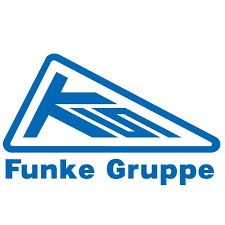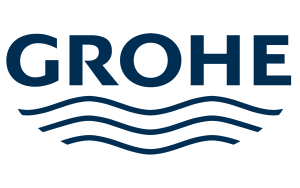HRW Harvesting rainwater
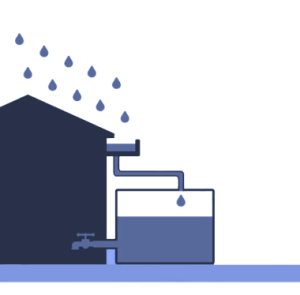
There are many types of rainwater recycling systems, from the most simple water butt for garden use to a system that offers complete self-sufficiency without the need for utility mains water or sewage connections.
A typical system, somewhere in the middle of this range, will supply untreated rainwater for toilet, outside use and laundry. Water is collected from the roof, fed through a filter into a storage tank.
> INTEWA
With rainwater harvesting, a productive source is available in many areas of the world, providing you with free water of excellent quality. The water can be used for garden irrigation, cleaning, flushing toilets, and more.

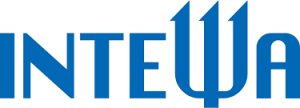
![]()
> FUNKE
The D-Raintank retents water below the ground and soaks it away. It combines an extremely high storage capacity with great stability for underground use. The individual tanks can be laid in various ways depending on the space situation. Country-specific regulations must be taken into account when using rainwater harvesting attenuation systems. Its made of recycled high density polyproylene HDPP.
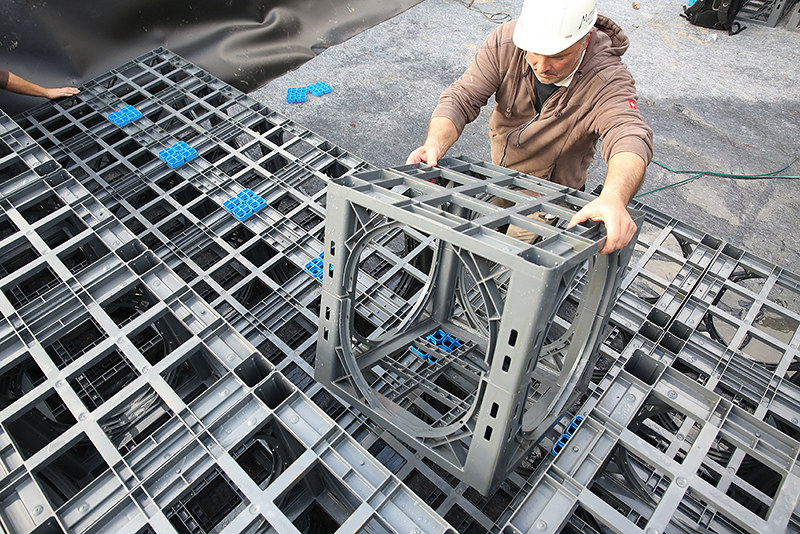
![]()
> ENVIRONMENTAL XPRT
Rainwater harvesting marketplace
Environmental XPRT is a global environmental industry marketplace and information resource. Rainwater Harvesting Companies (Water and Wastewater) serving Europe can be found in the companies database.


![]()
MWC Monitor water consumption

A water meter is another way you can potentially reduce your water consumption. Utilising one you can easily see how much water you are using, and so adapt your water use accordingly.
> AMPHIRO
The only showerhead that displays your hot water consumption while you shower and promotes a conscious use of energy.
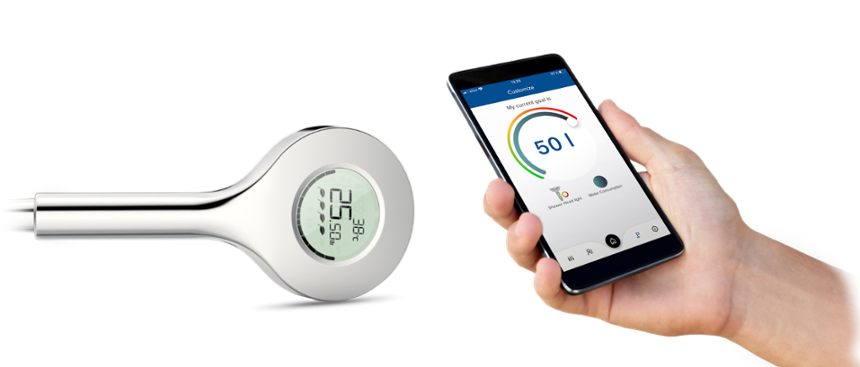

![]()
RBW Reusing blackwater
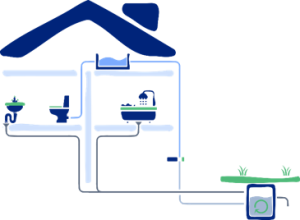
Blackwater is wastewater from toilets. It can be separated with retrofitting measures in existing buildings. Blackwater can be used to produce biogas or compost. This can be consumed directly in a building, or else sold for a profit.
> ALCHEMIA NOVA
LOOPI – Blackwater treatment system
Alchemia-nova´s green walls run on wastewater, using contaminants as plant nutrients, thereby cleaning the water for re-use. “LooPi – the plant-based public urinal for all genders” is a combination of wastewater management and green infrastructure: wastewater is treated via the integrated green wall and re-used for flushing.
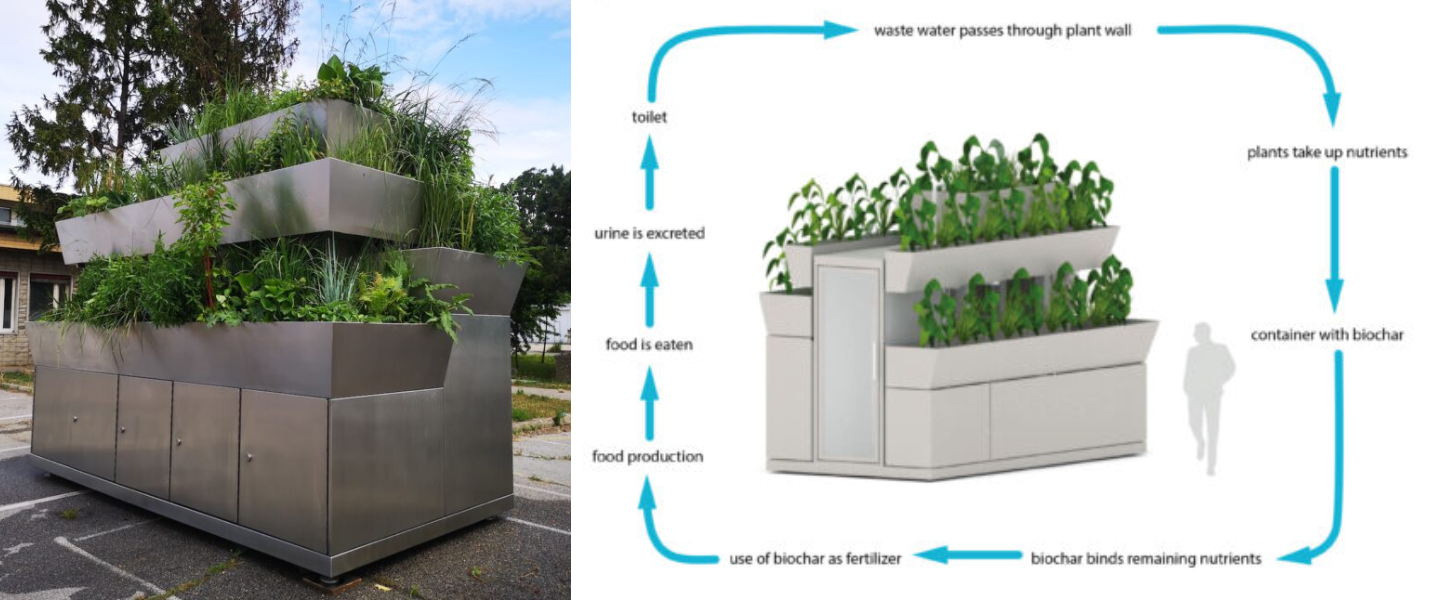
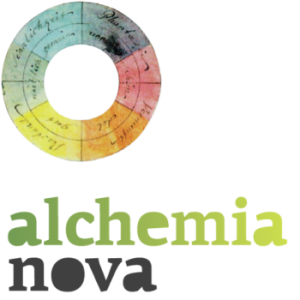
![]()
RGW Reusing greywater

Greywater is wastewater from non-toilet plumbing systems, such as wash basins, washing machines or showers. It can be separated with retrofitting measures in existing buildings. Greywater can be treated using innovative nature-based solutions for indoor application in multi-level green walls with minimum energy cost (<1.5kWh/m3) and disinfected using commercial O3/UV systems for >90% water reuse.
> ALCHEMIA NOVA
VertECO – Vertical constructred ecosystem for greywater tratment
The vertECO technology treats waste/greywater within a vertically constructed plant-based wetland. The underlying principle is the employment of specific plant species in a special sequence to encourage the cleansing of polluted water through microbiological activity occurring in the root-zone.


![]()
> INTEWA
The complete system for greywater recycling in single-family homes treats 300 l of greywater / day, is NSF350-Class certified and is delivered to you almost ready for connection on a pallet.


![]()
RUW Reuse of un-segregated water
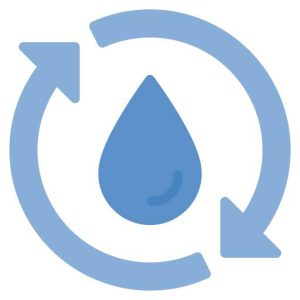
Wastewater can be combined in one single pipe with kitchen-shred organic waste from all floors of an existing building. The liquid fraction of this combined WW can be separated from the solid fraction with a separation unit. The liquid fraction can be treated with NBS indoor allowing >95% water reuse. The effluent water can further be disinfected and used for toilet flushing, urban gardening and compost production. The solid fraction can be used for biogas production.
> HOMEBIOGAS
The HomeBiogas Bio-Toilet Kit is a superior alternative to regular compost toilets. It frees you to live in a self-sustainable manner by turning your waste into cooking gas. Using an anaerobic system it decomposes waste and transforms it into renewable biogas for cooking. It’s easy to install, safe, hassle-free, off-grid, environmentally friendly.
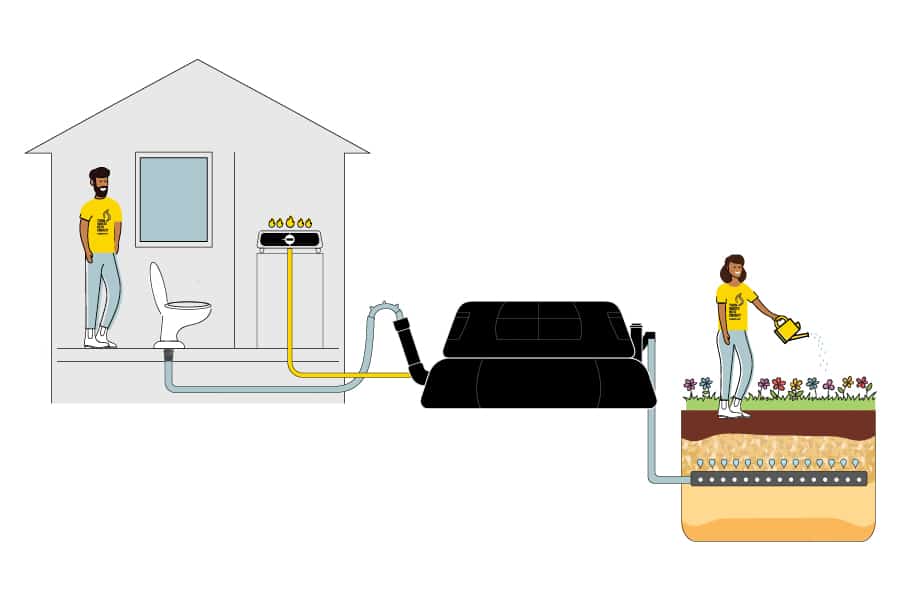

![]()
WSD Water saving devices
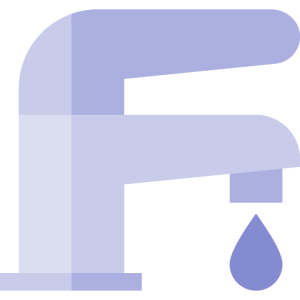
Water is considered a renewable natural resource, however, there are factors, such as the inefficient use of water by society, pollution and over-exploitation of the main sources of supply, that lead to situations in which the water cycle water breaks or its quality is not suitable for human consumption, making this essential good a scarce commodity difficult to obtain. Thus, the demands for comfort and hygiene make it necessary to propose viable alternatives for saving water without losing quality, quantity and guarantee of supply.
> GROHE
Three faucets (GROHE BauEdge S-Size, GROHE Eurosmart S-Size, GROHE Eurosmart Kitchen) and the GROHE Tempesta shower rail set are Cradle to Cradle Certified at the Gold level. Moreover, the sustainable impact of GROHE BauEdge and GROHE Eurosmart is enhanced with SilkMove ES technology, where ES stands for energy-saving. The technology prevents the unnecessary use of hot water by supplying only cold water with the faucet lever in the middle position.

![]()

